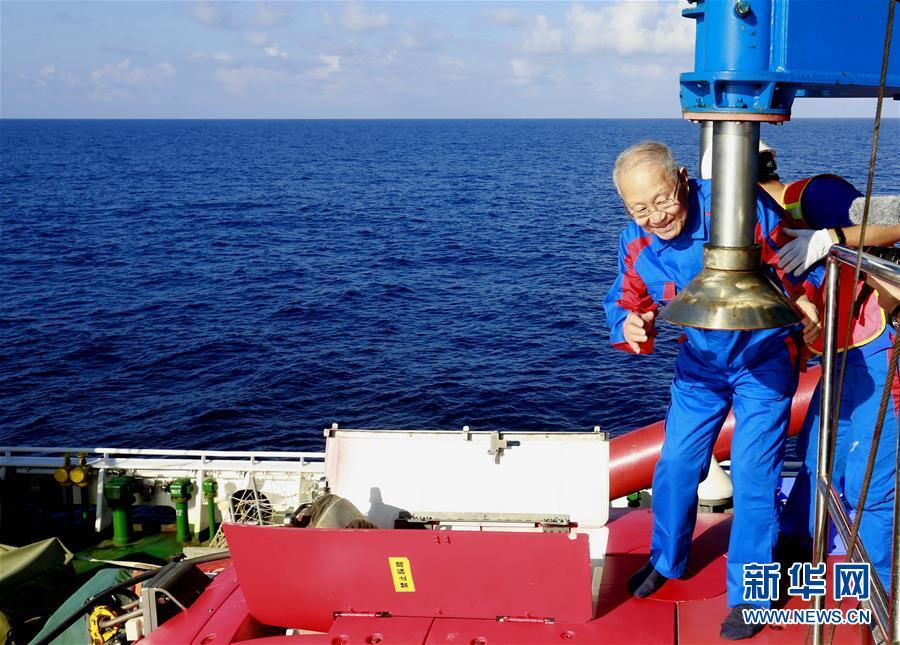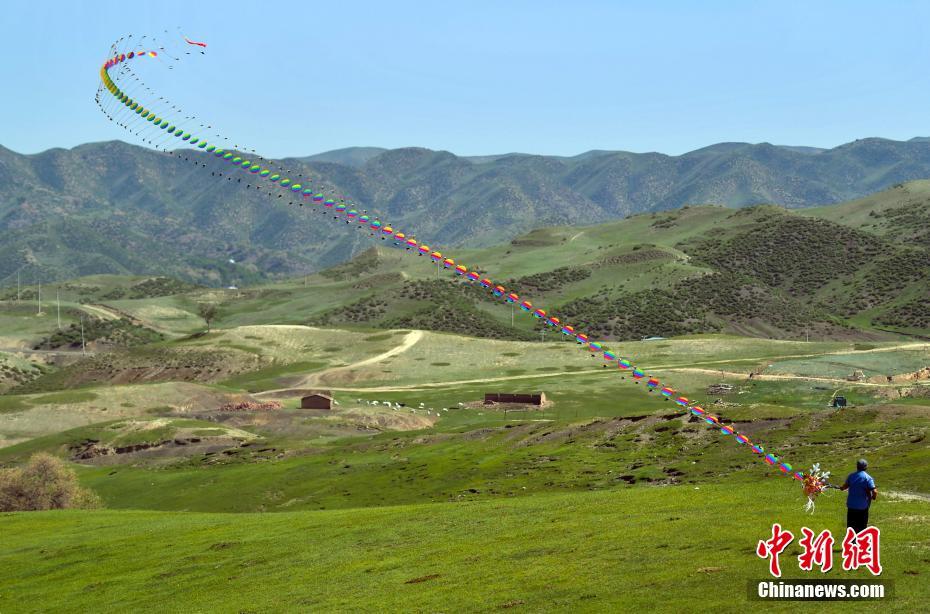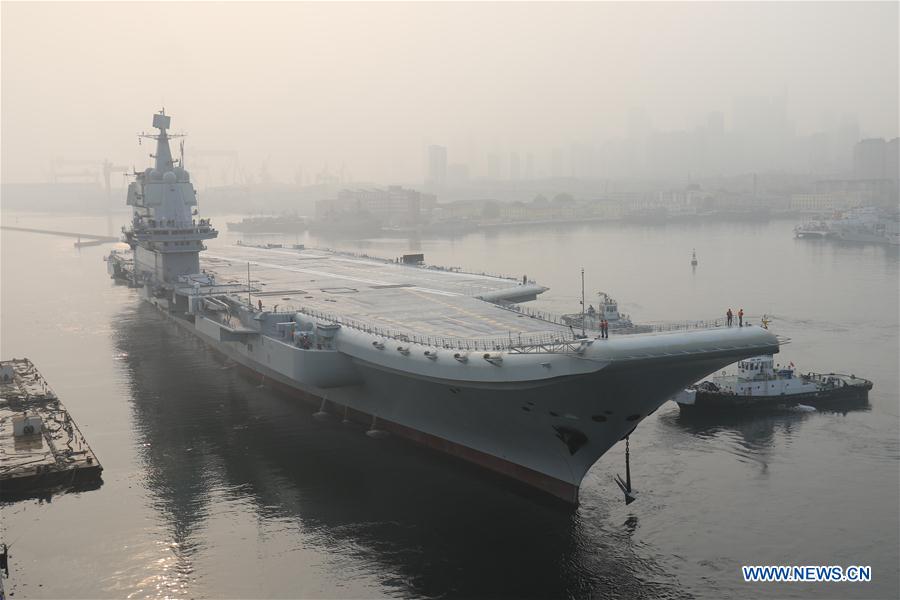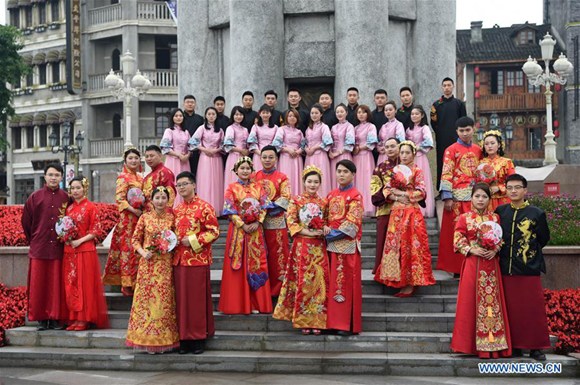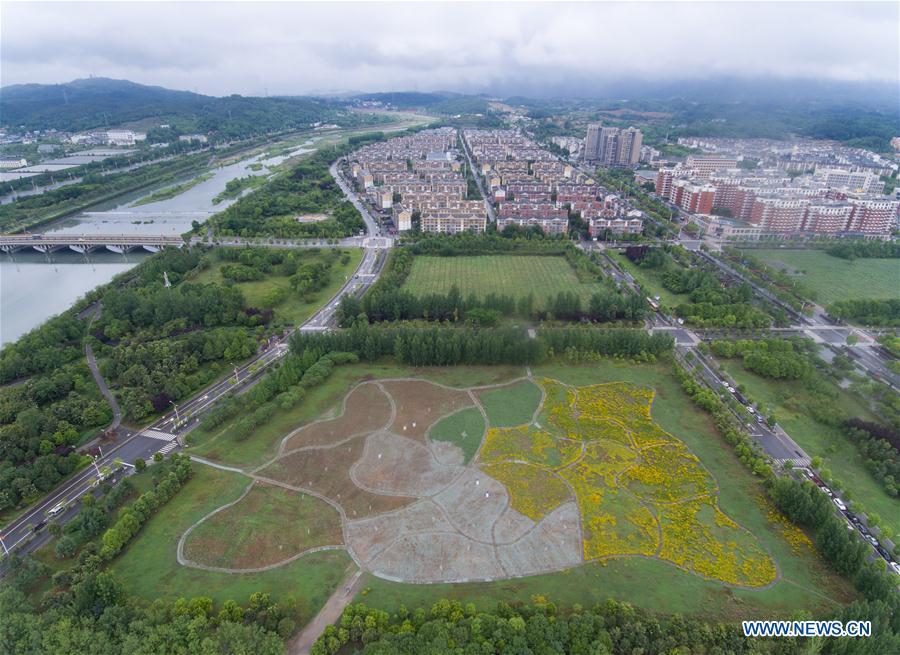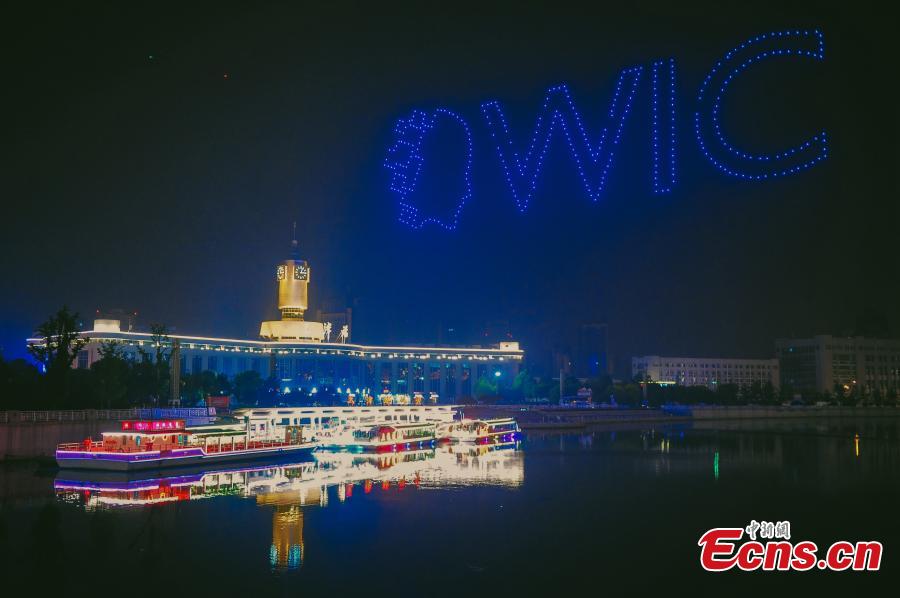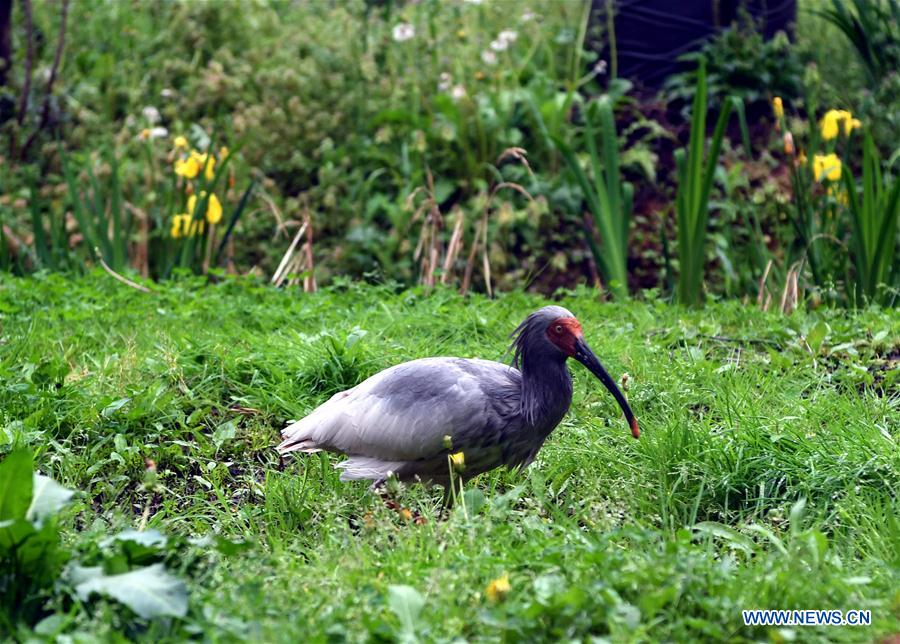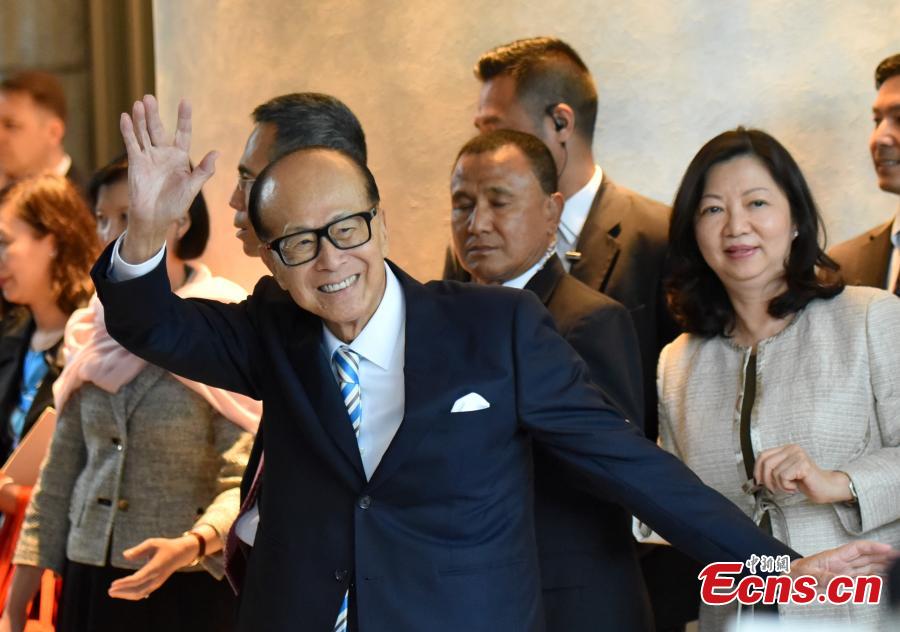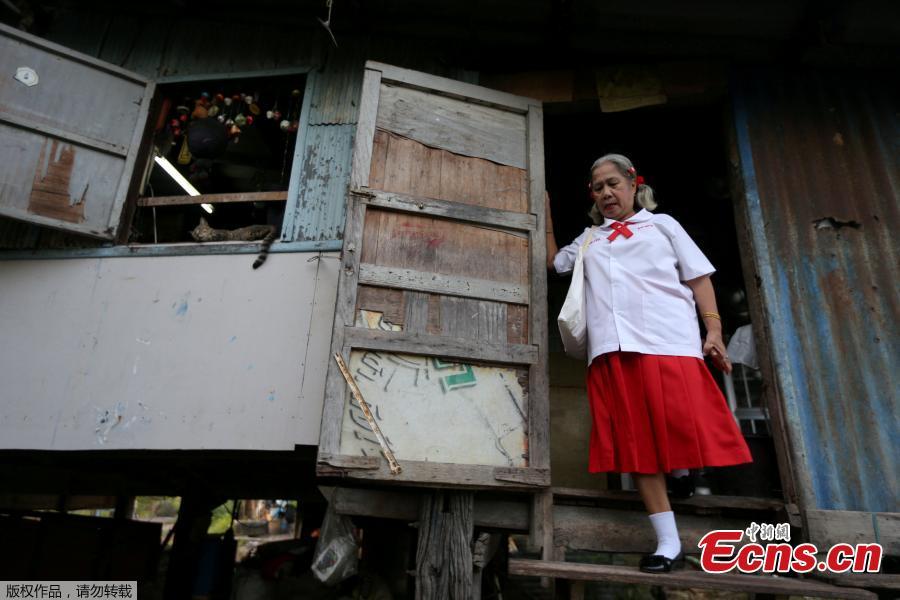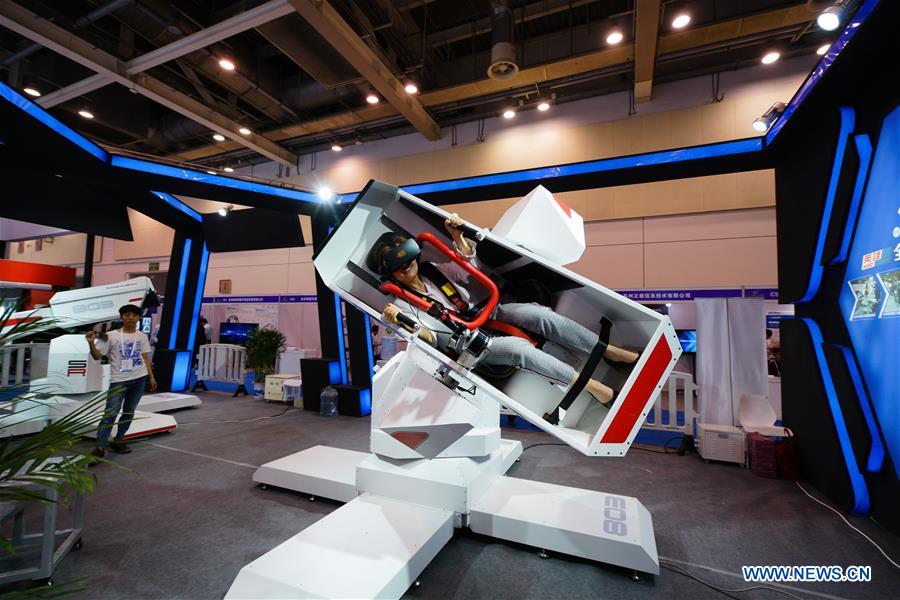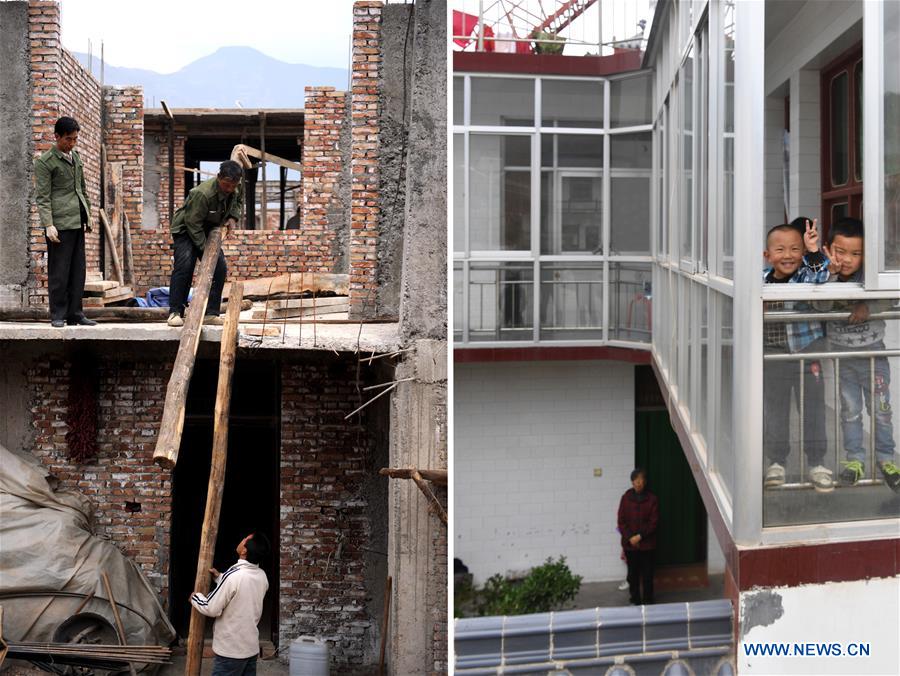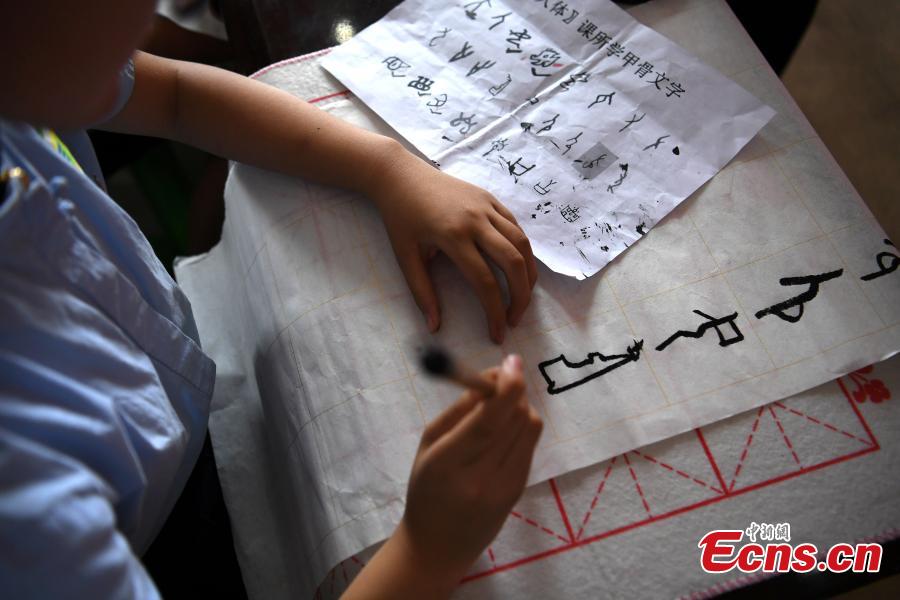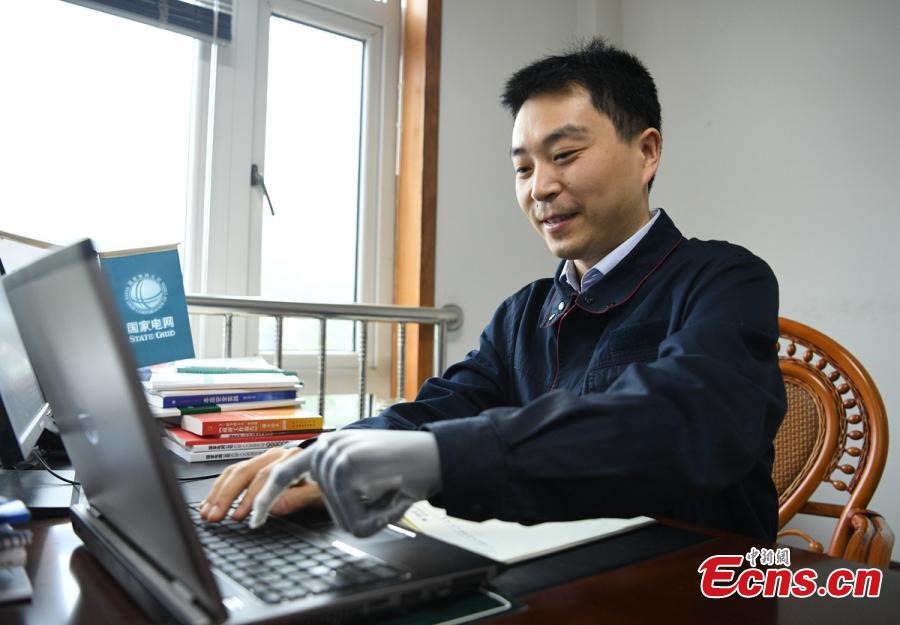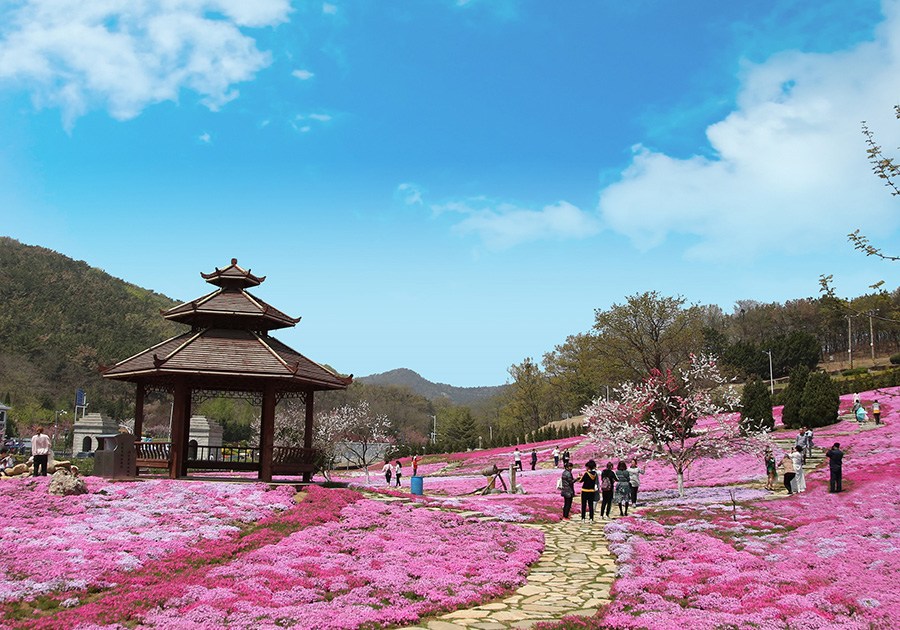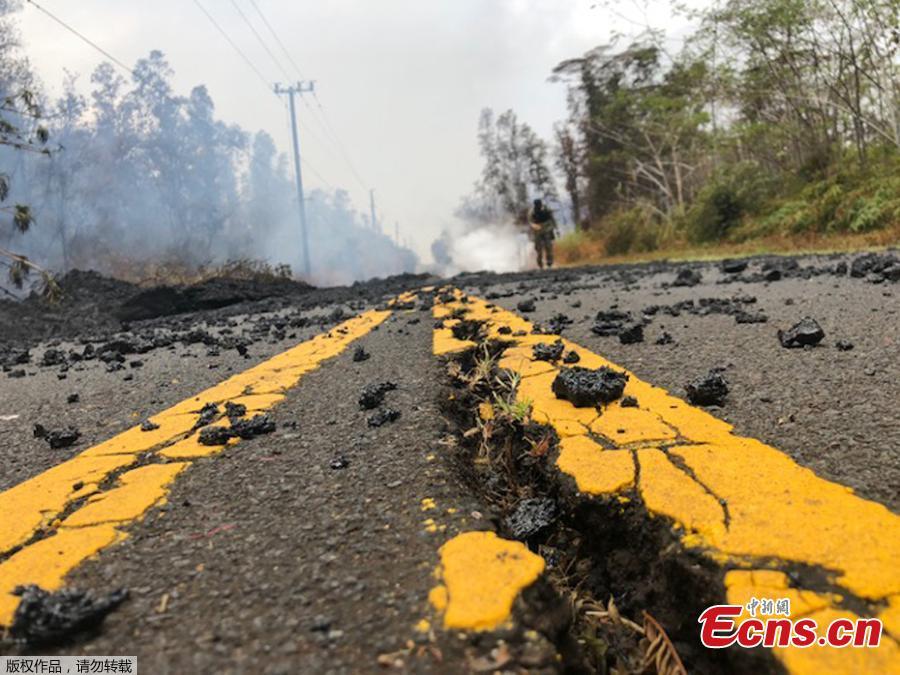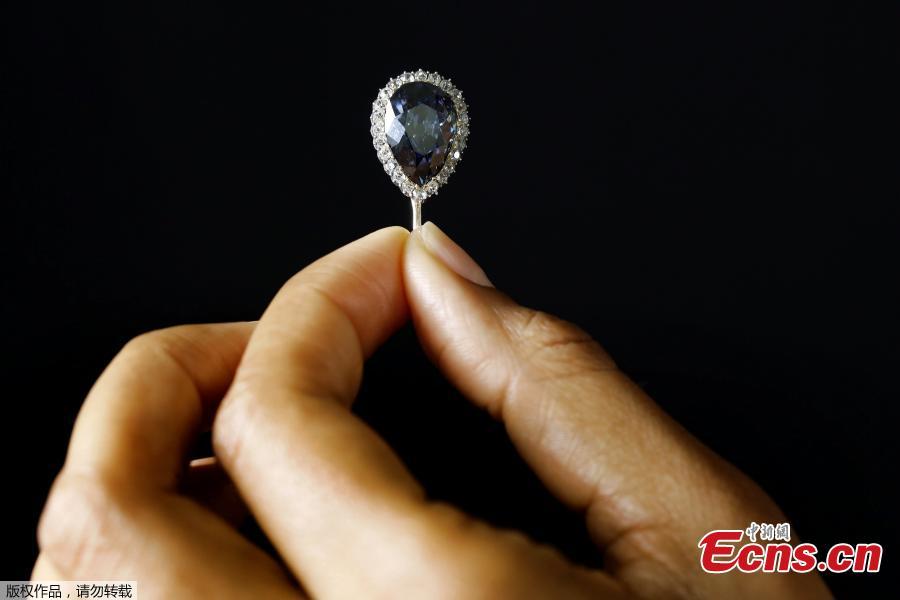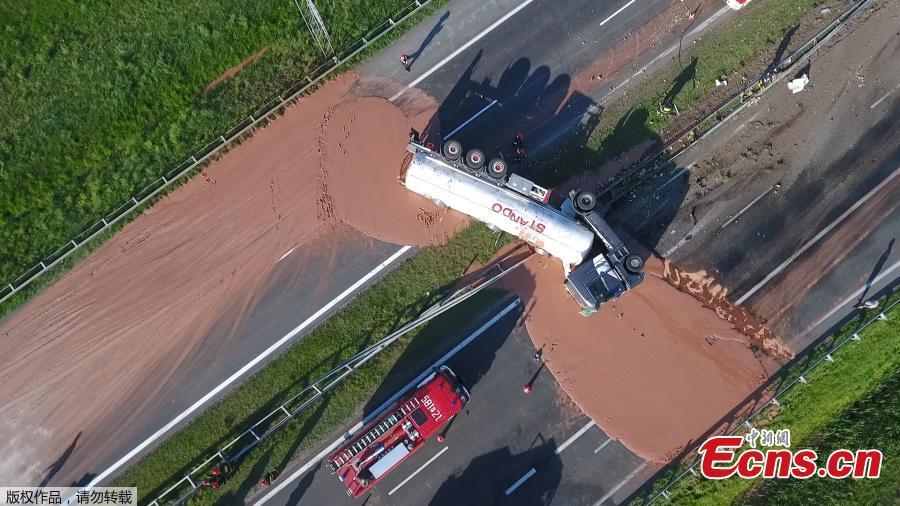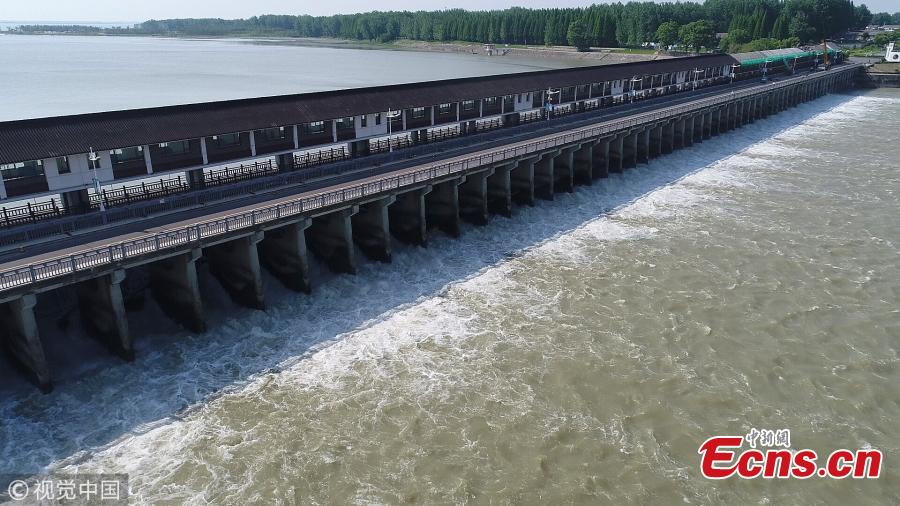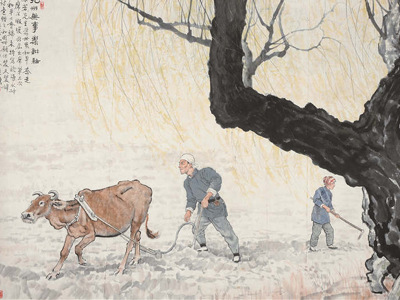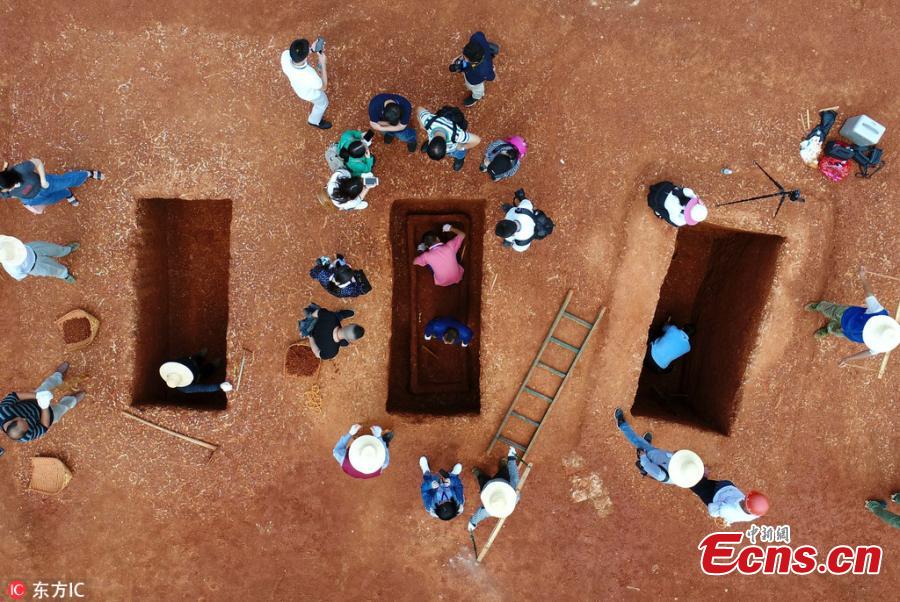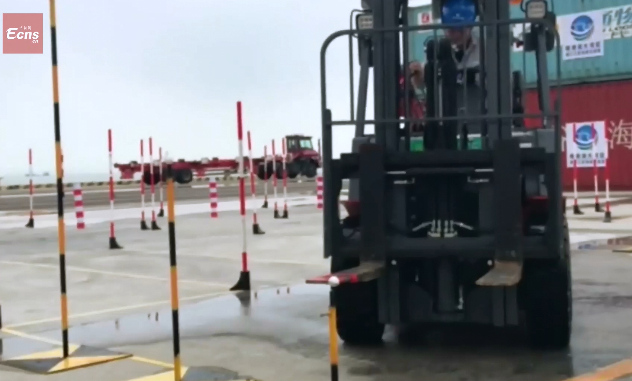
Performers pose for photos at Nairobi Terminus of Mombasa-Nairobi Standard Gauge Railway (SGR) in Nairobi, capital of Kenya, May 31, 2017. (Xinhua/Chen Cheng)
Five years have passed since Chinese President Xi Jinping expounded on China's Africa policy in Tanzania, which has drawn a roadmap for the future of China-Africa ties in the new era resulting in closer China-Africa traditional friendship, cooperation, as well as stronger political mutual trust.
The policy, which adheres to the principles of sincerity, concrete results, affinity and good faith, was announced by Xi during his first visit to Africa since he took office as Chinese president in 2013.
Based on these principles, China and Africa, combining their wisdom and strengths, have forged a path for common development that is set to usher in stronger-than-ever ties between the Asian country and the African continent that have a combined population of over 2.5 billion, about a third of the world's population.
FRUITFUL CHINA-AFRICA COOPERATION
Facts speak louder than words.
Five years on, factual cases of mutually beneficial China-Africa cooperation and friendship abound.
A most recent and notable example is in the southern African nation Mozambique, where a 187 km sea-bridge-crossing and link roads project built by a Chinese firm has become the new landmark decorating the skyline of the balmy coastal city Maputo, the capital of Mozambique.
The project, costing 785.8 million U.S. dollars with 95 percent of the funding from China, is being built by the China Road and Bridge Corporation (CRBC) and is set for the official launch in June.
It will enable easier transportation between the capital city and the outlying Katembe, and will also link Mozambique southward to South Africa, inevitably boosting trade and tourism.
The bridge spans 680 meters over Maputo Bay.
"I like working at the bridge project. Even though I am only part-time, the payment is satisfying," 24-year-old Francisco Alberto said.
CRBC's project manager Cao Changwei said the firm has provided over 20,000 jobs, full-time and part-time, for the locals. As completion of the project draws near, the company is hiring an additional 3,800 locals for various jobs. The Chinese team stands at 467.
In the eastern African nations of Ethiopia and Kenya, a few Chinese-built projects including the Ethiopia-Djibouti railway, the Addis Ababa light rail, and the Nairobi-Mombasa railway are further proof that China-Africa cooperation contributes to local growth, employment and regional integration.
On the humanitarian issue, China is maintaining a peacekeeping corp with over 1,000 personnel in South Sudan where the civil war has entered the fifth year. China has also been providing rotational-medical-teams to the country since 2012.
South Sudan's Acting Foreign Minister Martin Lumoro said earlier this month that Chinese doctors have contributed greatly to the country's health sector.
"China is the only country helping us. Others (countries) are running away from South Sudan, but China is coming to help. We cannot forget this kind of assistance to the people of South Sudan," Lumoro said.
In West Africa, where the Ebola outbreak wreaked havoc in 2014, China immediately sent medical workers and communicable disease experts to Guinea, Liberia and Sierra Leone to help the three nations overcome the crisis. Chinese firms based in Sierra Leone were also the first foreign rescue team to provide aid after rain-triggered mudslide killed over 1,000 people in its capital city Freetown in August 2017.
Ndrianja Ratrimoarvony, a researcher on China-Africa relations based in Madagascar, told Xinhua that China gains "bonus points" when interacting with Africa because it never interferes in African countries' internal affairs and sticks to the principle of mutual respect, which leads to win-win outcomes for both sides.
"That's why more African countries are beginning to give more emphasis to bilateral ties with China compared to relations with France or America," Ratrimoarvony said.









